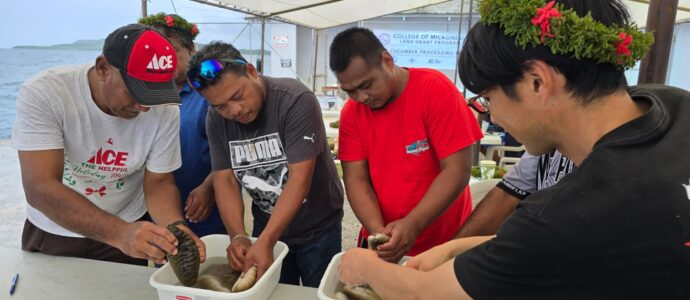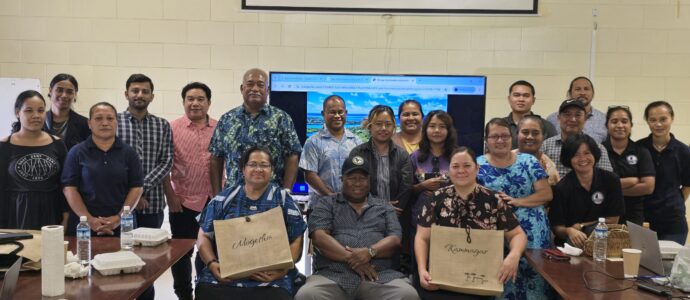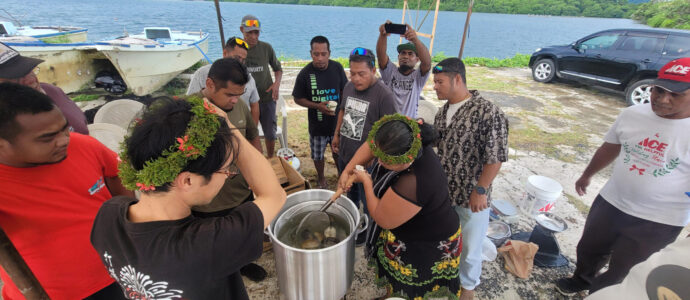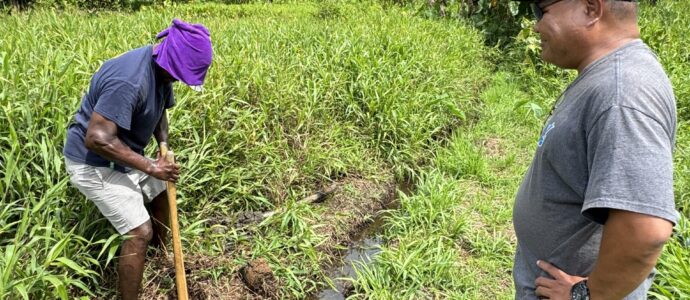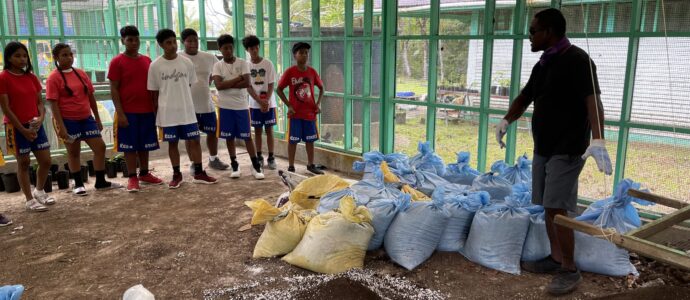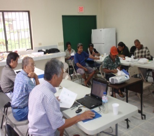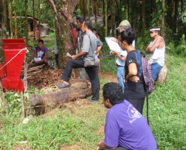KOSRAE, FSM. Dr. Virendra M. Verma, Researcher/Extension Specialist, Kosrae Agricultural Experiment Station.
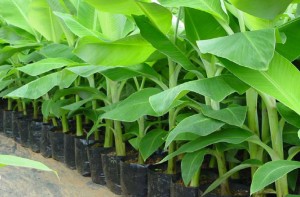
Apical meristem and lateral buds proved best for the establishment of aseptic cultures of banana, sweet potato and taro. Specific surface sterilization methods have been developed for particular explants. Various plant growth regulators, media composition and culture conditions have also been standardized for establishment of aseptic cultures and multiplication. Acclimatization techniques were standardized for the hardening of plantlets. High efficiency protocols have been developed for rapid multiplication and production of elite seedlings on mass-scale for different varieties of banana, sweet potato and taro. Participants knowledge and skills about micropropagation and nursery management techniques have been increased through collection and review of related literature; experimentation on micropropagation and conservation; establishment of nursery management system; development of high efficiency multiplication protocols; production of elite seedlings on mass-scale; showcase of new varieties; and organization of training workshops. Developed high efficiency multiplication protocols and nursery management systems have been utilized to produce elite seedlings of banana, taro and sweet potato in bulk quantity. Distribution of elite seedlings in bulk quantity has enabled local farmers to cultivate food crops on larger scales and therefore, has resulted in increased agricultural production. Many youths and adults have started establishing their farms and are cultivating different varieties of banana, taro and sweet potato. The extension activities have improved knowledge, created awareness and developed skills of participants in sustainable agriculture systems. The project activities have made extension agents capable of organizing trainings, teaching farmers and providing technical assistance, and apply gained knowledge and skills in the field. Ultimately the project has developed positive attitudes, zeal for learning techniques and farming aspects, and has changed the behavior of the participants. Harvested bananas and taro were showcased during the State Agriculture Fair and were awarded with the first prize for banana/taro category.

